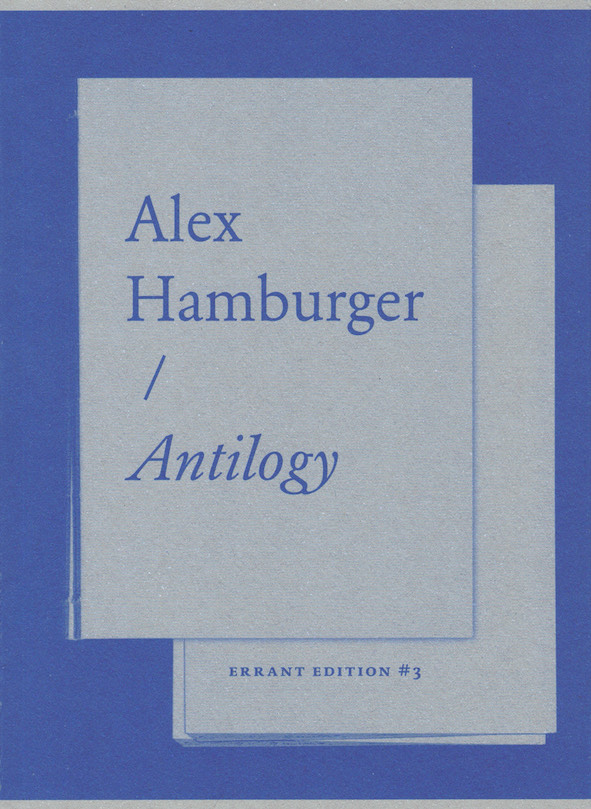
Movement Research Performance Journal
Movement Research Performance Journal Issue 58/59
Prompt: Movement Research was founded in 1978 as a self-described “laboratory” for investigating dance and movement. In its long history, the organization has prioritized giving space to artists for rehearsing, developing, and investigating—rather than presenting and producing—their work. The Movement Research Performance Journal can be seen as an outgrowth of this mission—extending the rehearsal studio into the space of the page. In its first issue, editor Richard Elovich describes the journal as “a new public space for the New York performance community…a slightly anarchic forum in which opposing ideas and aesthetics can be seriously developed and debated.” How do we understand this mission of staying in the zone of research today? How are artists (re)building pedagogy, and processes of learning, into their practice? What contemporary or historical alternative schools, and approaches to schooling, might be seen in constellation with the founding of Movement Research? How are students of dance and performance confronting the possibility and failure of an educational system predicated on both their enrichment and indebtedness?







